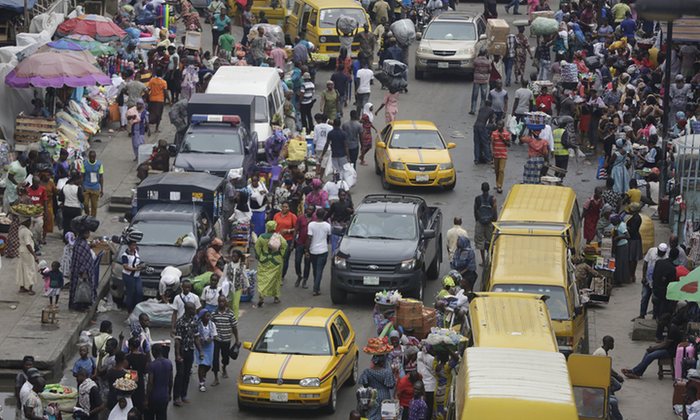This week in Quito as many as 45,000 people have gathered for Habitat III, the global UN summit which, every 20 years, resets the world’s urban agenda.
Why should we care? Well, to start with, in the next 20 years, we will witness more than two billion more people moving to cities. Depending on what we do to accommodate them, this could be good – or very bad – news.
It’s good news because people are demonstrably better off in cities than outside them. For the poor, cities are efficient vehicles to satisfy basic needs. Having people in a concentrated space makes the implementation of public policies more effective (think of access to sanitation, and the consequences for reducing child mortality and epidemic disease).
For the middle class, meanwhile, cities are a concentration of opportunities for jobs, education, healthcare and even recreation. They offer the promise of social mobility. And for a certain elite, cities are a powerful vehicle to create wealth; their critical mass generates the appropriate environment for knowledge creation and prosperity in the broadest sense of the word.

